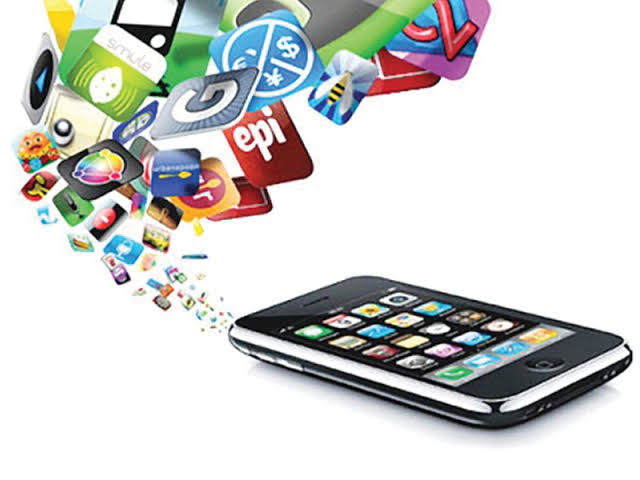With the increasing reliance on the internet for daily activities, conserving data has become essential, especially in countries like Nigeria where data costs can be relatively high. Here are some effective strategies for conserving internet data on both phones and computers.
#### 1. Utilize Data-Saving Modes and Tools
**On Phones:**
– **Enable Data Saver Mode:** Most smartphones come with a built-in data saver mode that restricts background data usage. For Android, this can be activated via Settings > Network & Internet > Data Saver.
– **Limit Background Data:** Specific apps can consume data even when not in use. Go to Settings > Apps & Notifications > App data usage, then restrict background data for apps that don’t need constant internet access.
– **Use Lite Versions of Apps:** Many popular apps have lite versions designed to use less data, such as Facebook Lite and YouTube Go.
**On Computers:**
– **Browser Data Saver Extensions:** Install browser extensions like Google Chrome’s Data Saver or Opera’s Turbo mode, which compress web pages before they are loaded.
– **Disable Automatic Updates:** Turn off automatic updates for operating systems and applications. For Windows, this can be done via Settings > Update & Security > Windows Update > Advanced options, then choose “Pause updates.”
#### 2. Optimize Streaming Settings
Streaming video and music are among the biggest data consumers. Adjusting settings can significantly reduce data usage.
**On Phones and Computers:**
– **Lower Video Quality:** Platforms like YouTube and Netflix allow you to adjust the streaming quality. Choose a lower resolution such as 480p instead of 1080p or higher.
– **Download for Offline Viewing:** When on Wi-Fi, download videos or music for offline use instead of streaming them repeatedly.
#### 3. Monitor and Manage Data Usage
**On Phones:**
– **Data Usage Apps:** Use apps like My Data Manager or Data Usage to track and manage your data consumption. Android phones also have built-in data usage tracking under Settings > Network & Internet > Data Usage.
– **Set Data Limits:** Set monthly data limits on your phone to receive alerts when you are nearing your data cap. This can be configured in the Data Usage settings on Android.
**On Computers:**
– **Windows Data Usage Meter:** Windows 10 includes a data usage meter that provides an overview of your data consumption. Access it via Settings > Network & Internet > Data Usage.
– **Third-Party Tools:** Tools like NetWorx and GlassWire offer detailed data usage tracking and alerts.
#### 4. Optimize Browsing Habits
**On Phones and Computers:**
– **Ad Blockers:** Ads consume data. Installing an ad blocker can significantly reduce data usage by preventing ads from loading.
– **Use Mobile Versions of Websites:** Mobile versions of websites are often optimized for lower data usage. When browsing on a computer, try using mobile sites if available.
#### 5. Manage Cloud Services
Cloud services like Google Drive, Dropbox, and iCloud can use a lot of data syncing files.
**On Phones and Computers:**
– **Limit Syncing:** Configure cloud services to sync only over Wi-Fi or limit the syncing frequency. For Google Drive, go to the app’s settings and select “Transfer files only over Wi-Fi.”
– **Selective Syncing:** Choose which folders to sync instead of syncing everything. This can be managed in the settings of each cloud service application.
#### 6. Utilize Offline Features
**On Phones and Computers:**
– **Offline Maps:** Apps like Google Maps offer offline maps. Download maps when on Wi-Fi to use them without consuming data.
– **Offline Reading:** Use services like Pocket or Instapaper to save articles for offline reading, reducing the need to be online constantly.
#### Conclusion
By adopting these strategies, Nigerians can make the most of their internet data, ensuring it lasts longer and is used more efficiently. As data costs continue to be a significant consideration, these practices not only save money but also enhance the overall internet experience.




